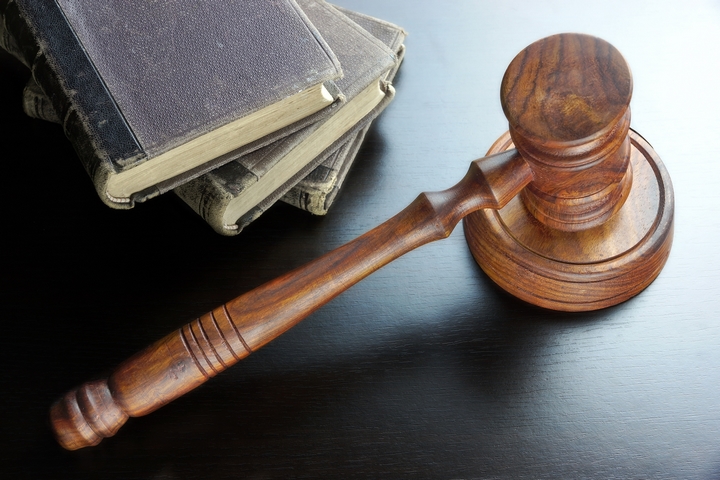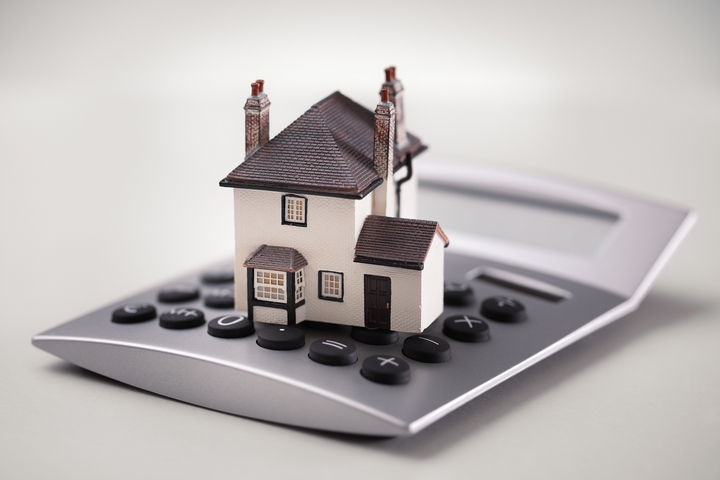When you sell your home, if you don’t have the help of a real estate agent or realtor, the legal steps to selling a house can prove costly, frustrating, and challenging to navigate. Especially if you want to sell a house fast, you must follow all precautions and take the necessary steps to ensure you’re correctly handing off your property to the buyer and are no longer legally attached to anything post-sale.
Here are the legal steps to selling a house.
Step #1: Hiring a Realtor

Realtors help you connect with companies that buy house for cash. They may also help connect you with a lawyer. From there, your legal responsibilities are managed by those you have hired, and so long as they do their job correctly, it makes selling a house extremely easy.
If you hire a real estate agent, you must sign a seller’s listing agreement detailing the partnership, the commission rate, and other relevant information.
Step #2: Sell Your Home Privately

Some opt to sell their house privately and do so for several reasons. They want to save up to 6% of the property’s asking price on real estate agent commission fees. It also gives you more control over viewings, more profit from a sale, and more wiggle room in the negotiations as you’re not concerned about what you may give up in commission fees.
Step #3: Legal Disclosures

As you come to sell your property, you are legally required to disclose a variety of issues, if they exist, including asbestos, mould, structural damage, or a damaged or leaking roof. Any defects affecting a buyer’s use or enjoyment of the property must be disclosed, including stains and cracks, missing items, a leaky basement, termites, old electrical wiring, if someone died in the home, or if a renovation was done without permits.
Step #4: Receiving Offers And Reading The Legal Parameters

Preparing a home to sell, posting advertisements, and scheduling viewings have no legal relevance. Where legal comes back into play is when you start to receive offers. Be sure to look carefully through the terms, including the price, down payment, deposit, terms and conditions, exclusions and inclusions, and closing date. When reading through these documents, there is a lot of legal jargon to comb through, and hiring a lawyer for assistance is the smart move for most home sellers.
Step #5: Prepare Deeds And Legal Documents For Signing

A large aspect of preparing the legal steps to sell a house is in the paperwork. There are a lot of legal documents that have to be written, signed, and registered. Among those is the mortgage document, consent forms if you have hired a lawyer to act on your behalf, acknowledgments and directions, the Transfer of Title, and a Statement of Adjustments.
Step #6: Determine Your Closing Costs

In finalizing selling a house, there are closing costs you are legally required to pay. This includes any real estate commissions, legal fees, and taxes. If these have not been budgeted for already and the full scope of closing costs are not paid for, this may cause issues with the sale of the property.
Step #7: Ensure The Seller Meets Their Legal Obligations

By law and by what’s indicated in a sales agreement, a seller must meet certain legal obligations before buying the property. If you have not met these obligations, a buyer may opt to withdraw interest or refuse to take on the home until your assigned responsibilities have been met. Similar to if you have not made the legal disclosures you are required to, a failure to meet legal obligations around a home sale may result in legal action being taken against you.
Step #8: Ensure You Have A Legal Sales Agreement In Place

Sellers often use a lawyer to the author and verify that the terms and agreements of the sale are legal and are not violating any regulations or are not at risk of being rendered invalid. If you are not using a lawyer, you certainly put yourself at more risk with a sales agreement that a more experienced party has not examined.
Step #9: Collect The Agreed-Upon Money At Closing Time

After you have closed on a property, you are legally required to collect the agreed-upon money. The sale is not officially complete until the money owed is collected.
Step #10: Liaising With Relevant Legal Third Parties

Whether you have hired a lawyer or not, your buyer likely did, so some form of communication must be had with them. To ensure your rights are represented and respected, this is another area where hiring a lawyer instead of being your own can be incredibly beneficial.
Step #11: Fulfilling The Tax Rules Of The Sale

There is no tax on the profit from selling a home you have used as your principal residence in Canada. If you have used the house as a rental or it is not your primary residence, there may be additional tax obligations to fulfill.




